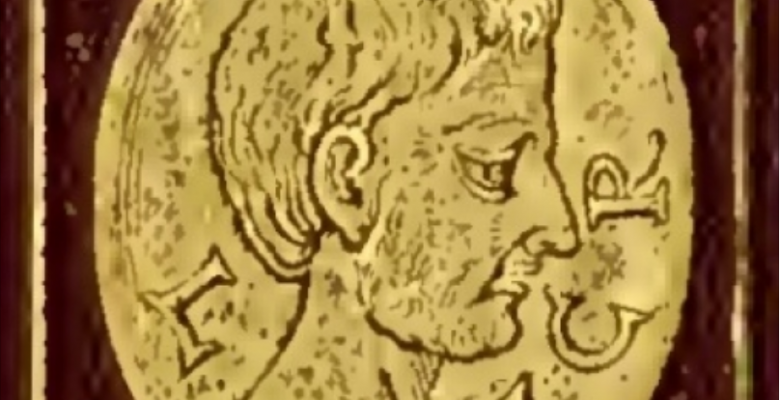Lucretius Today Podcast 232 Is Now Available
Welcome to Episode 232 of Lucretius Today. This is a podcast dedicated to the poet Lucretius, who wrote “On The Nature of Things,” the most complete presentation of Epicurean philosophy left to us from the ancient world.
Each week we walk you through the Epicurean texts, and we discuss how Epicurean philosophy can apply to you today. If you find the Epicurean worldview attractive, we invite you to join us in the study of Epicurus at EpicureanFriends.com.
Today we are continuing to review the Epicurean sections of Cicero’s “On the Nature of The Gods,” as presented by the Epicurean spokesman Velleius.
Today’s Text
XII.
…
What shall I say of Democritus, who classes our images of objects, and their orbs, in the number of the Gods; as he does that principle through which those images appear and have their influence? He deifies likewise our knowledge and understanding. Is he not involved in a very great error? And because nothing continues always in the same state, he denies that anything is everlasting, does he not thereby entirely destroy the Deity, and make it impossible to form any opinion of him?
Diogenes of Apollonia looks upon the air to be a Deity. But what sense can the air have? or what divine form can be attributed to it?
It would be tedious to show the uncertainty of Plato’s opinion; for, in his Timæus, he denies the propriety of asserting that there is one great father or creator of the world; and, in his book of Laws, he thinks we ought not to make too strict an inquiry into the nature of the Deity. And as for his statement when he asserts that God is a being without any body—what the Greeks call ἀσώματος—it is certainly quite unintelligible how that theory can possibly be true; for such a God must then necessarily be destitute of sense, prudence, and pleasure; all which things are comprehended in our notion of the Gods. He likewise asserts in his Timæus, and in his Laws, that the world, the heavens, the stars, the mind, and those Gods which are delivered down to us from our ancestors, constitute the Deity. These opinions, taken separately, are apparently false; and, together, are directly inconsistent with each other.
Xenophon has committed almost the same mistakes, but in fewer words. In those sayings which he has related of Socrates, he introduces him disputing the lawfulness of inquiring into the form of the Deity, and makes him assert the sun and the mind to be Deities: he represents him likewise as affirming the being of one God only, and at another time of many; which are errors of almost the same kind which I before took notice of in Plato.

